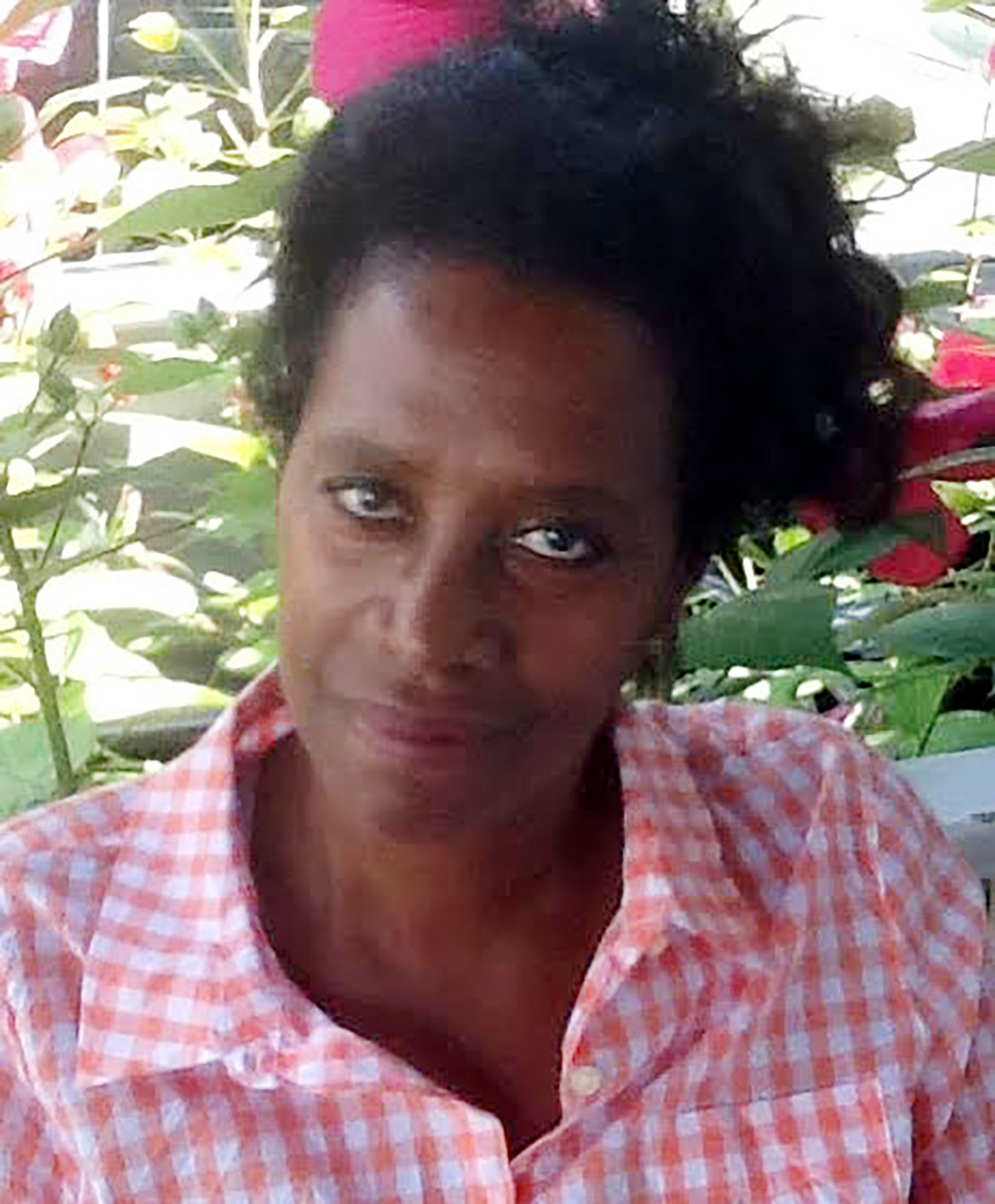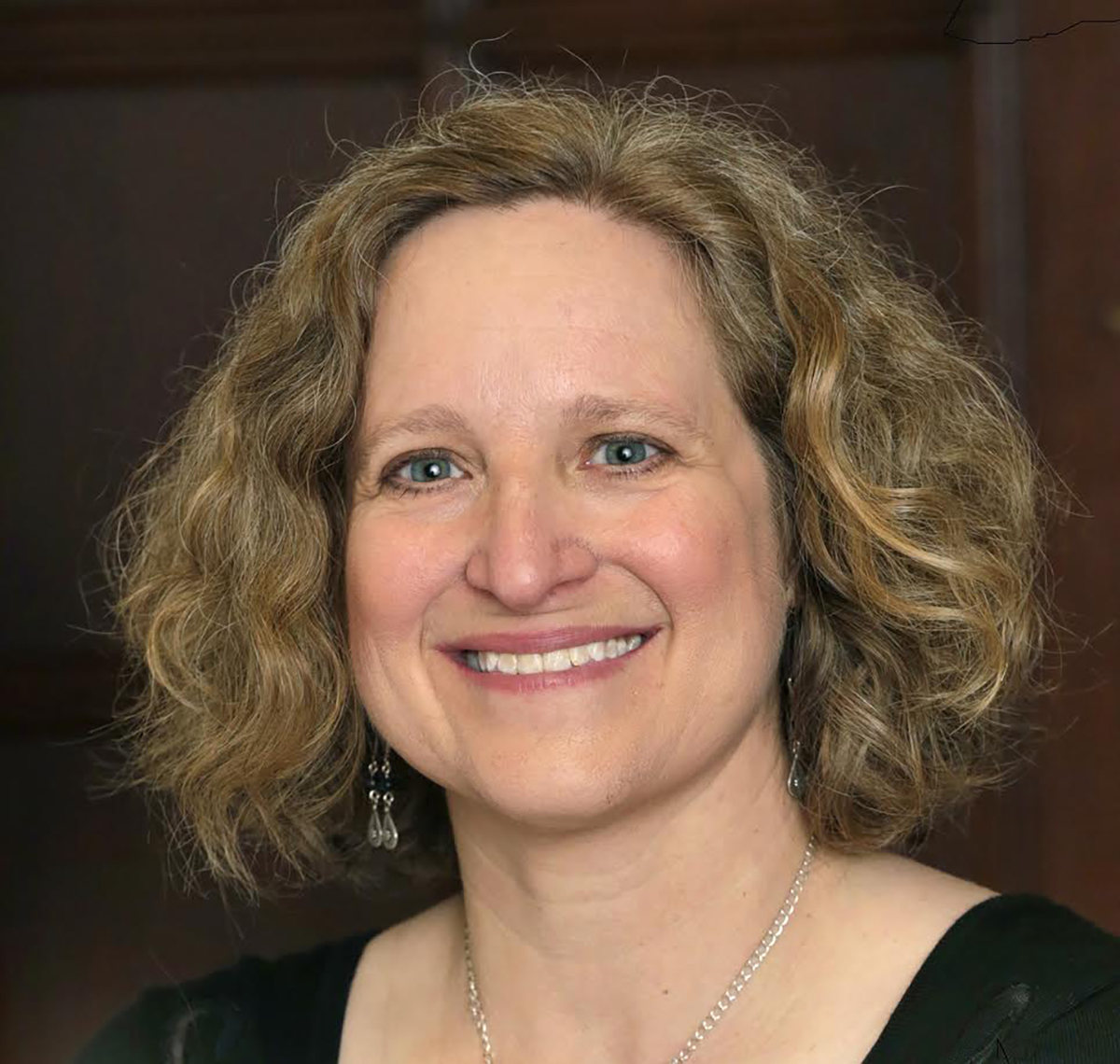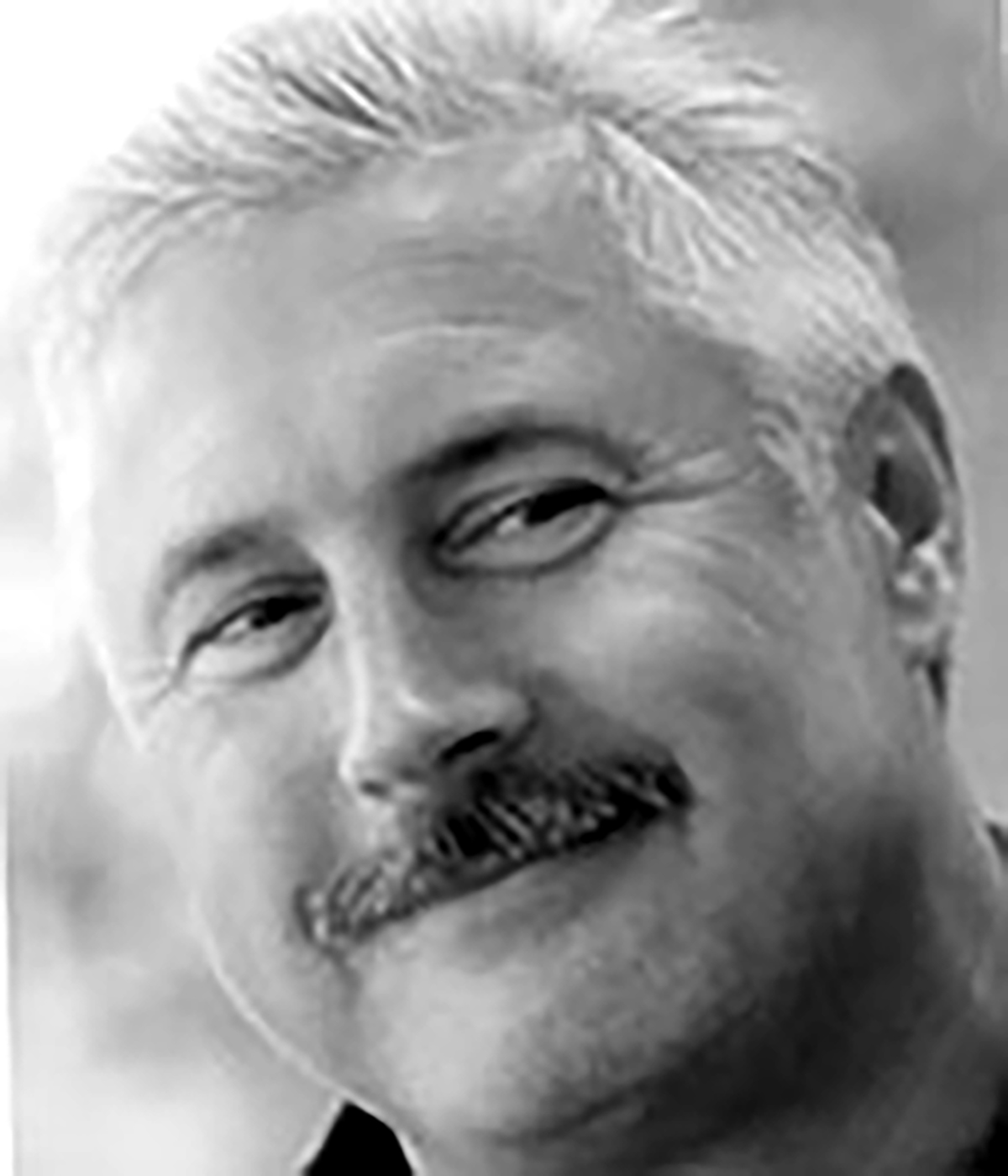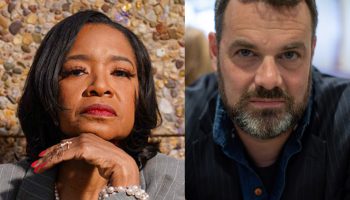The Chautauqua Writers’ Center will have a full house in Week Six.
In addition to its regularly scheduled poetry and prose workshops, four special one-day workshops will be offered throughout the week.
Mary McLaughlin Slechta will serve as the poet-in-residence for the week, and Linda K. Wertheimer will serve as prose writer-in-residence. Both authors will also give readings at 3:30 p.m. Sunday on the porch of the Literary Arts Center at Alumni Hall.

Slechta is the author of Wreckage on a Watery Moon and is an editor at the independent press Great Weather for Media. She previously taught at the Writers’ Center in 2013.
Slechta said her workshop, called “Letting the Light In,” is inspired in part by her last visit to Chautauqua.
“(What) I realized from the last time I was there, and from the other contexts in which I’ve worked with people on their poetry, is that we all write about ourselves and our private experiences, and it’s really hard for people to understand that they don’t have to stick to the facts,” Slechta said.
Slechta and her students will work on using techniques from fiction to help inspire their poetry. She said it can be tough to get people to create and invent when writing poems, but adjusting and altering details can make the work more resonant.
Week Six’s theme of “Comedy and the Human Condition” also inspired Slechta to add some levity to her workshop’s topic.
“Whenever people are sticking to the facts too much, they can’t see that even when things are tragic, we’re still human — our humanity is there, maybe even some humor is there,” Slechta said. “It’s all about how to get there, how to find that.”
Wertheimer’s workshop is titled “Writing Provocative Stories About Religion,” and she said she’ll coach students on how to write personal essays and commentaries about religious subject matter.
“The class is really about storytelling, and we’re using religion as the focus for the story,” Wertheimer said.
Wertheimer is the author of Faith Ed: Teaching About Religion in an Age of Uncertainty and is a former education editor at the The Boston Globe. She said America’s current political climate means writing about religion has become increasingly timely and important.

“I would say now, more than ever, educating others about religion is critical,” Wertheimer said. “Anti-Semitism and Islamophobia are clearly on the rise in today’s tumultuous political times, but there’s also been animosity toward evangelical Christians — who are not monolithic — and atheists. As writers, we can help break down barriers and create understanding of the different layers of religion.”
Wertheimer said she hopes her students will come away with a confidence in their ability to write about religion and a willingness to take risks. She said writing about religion can serve different purposes.
“It’s really twofold: writing about religion is about reducing ignorance, but it’s also about reducing bigotry and creating awareness,” Wertheimer said.
Slechta and Wertheimer will also give Brown Bag lectures on the porch of Alumni Hall during Week Six. Slechta’s Brown Bag, called “Transitioning to the Writing Life,” will be at 12:15 p.m. Tuesday, and Wertheimer’s Brown Bag, titled “Finding Your Book or How Your Book Might Find You,” will be at 12:15 p.m. Friday.
Literary agent Ken Sherman and writer Philip Gerard will lead the special workshops for the week. Sherman will lead sessions on Monday and Wednesday, and Gerard will lead sessions on Tuesday and Thursday.
During his career in the literary field, Sherman has handled the film and television rights for authors such as David Guterson, John Updike and Anne Perry. He said he wants to discuss how to be successful in the business side of the industry.
Sherman’s first session, “The Business of Writing,” will be centered on this idea.

“The competition today at the different publishing houses is immense and tough,” Sherman said.
Sherman said he’s always excited by writers who really know their material and where they want to go with it, and he’ll offer some advice on finding the best direction to take with their work. Sherman will also offer one-on-one consultations after his sessions for an additional fee.
In his second session, “Facing Rejection Head-On,” Sherman said he’ll discuss the importance of rejection and developing a thick skin as a writer. As an agent, Sherman said he receives the rejections first.
“And believe me, I feel it every time,” Sherman said.
He’ll work with his students to show them the value of rejection and how it can give them the “fire to continue” with their work. Sherman said the takeaway for people who come to his sessions is simple.
“The book, film and television businesses are filled with people just like themselves — and everyone is looking for material that they feel can be published and enjoyed by millions of people,” Sherman said.
Gerard is the author of nine books and teaches at UNC Wilmington. He also serves as co-editor of the Chautauqua literary journal.

In his first session, “The Art of Creative Research,” Gerard said he’ll give advice on figuring out a research process and the fun it can provide for any type of writer.
“I look at research as a creative process in itself,” Gerard said. “I think of it as a treasure hunt of investigative reporting and an adventure all kind of rolled into one. And the drama that you get when you’re researching a great story is often as much fun or satisfying as actually writing it.”
With his second session, “Songwriting and the Creative Process,” Gerard said he’ll talk about using songwriting as a way to “build stories.”
“It’s also a great way of turning your creative process in a different direction and giving your brain a rest from the usual stuff: fiction, nonfiction, poetry,” Gerard said. “Allowing your brain to move in a different direction and then coming back to your other work can get you very energized.”
Songwriting can also allow writers to play around with their ideas, Gerard said.
“Playing is a great thing for any creative writer or artist of any kind,” Gerard said.
Gerard said he hopes his students will come away from his sessions feeling motivated to do the work they’re passionate about.
“A lot of times, we have a resistance to that idea: Who am I to tackle that idea?” Gerard said. “Why would anyone want to talk to me? But a lot of it is simply giving yourself the permission and feeling energized.”
Gerard will round out the week with a listening room concert for his album in progress, Beautiful City. The concert will be at 4 p.m. Friday in the Ballroom at Alumni Hall.




